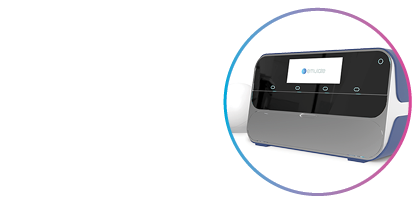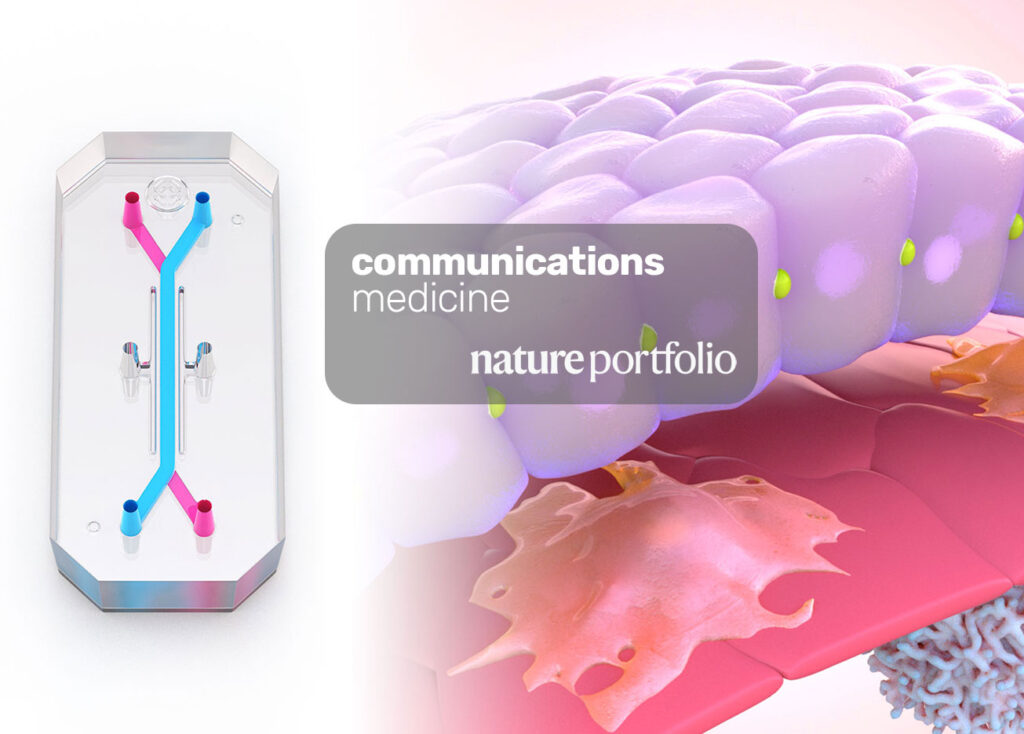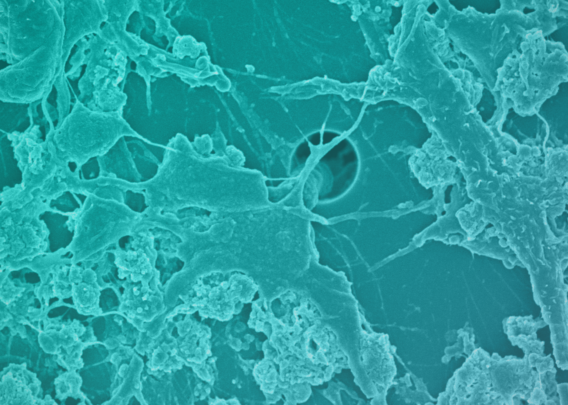Scientific findings showcase the Emulate human Liver-Chip was able to correctly identify 87% of drugs that caused drug-induced liver injury to patients despite passing through animal testing
Economic evaluation indicates routine use could generate $3 billion per year to small molecule drug development by driving an increase in research and development productivity
Boston, MA – December 6, 2022 – Emulate, Inc., the leading provider of next-generation in vitro models, today announced the publication of a landmark study, “Performance assessment and economic analysis of a human Liver-Chip for predictive toxicology,” in Nature Communications Medicine demonstrating that the Emulate human Liver-Chip could improve patient safety and reduce small-molecule clinical trial failures due to liver toxicity by up to 87%. These findings conclude the single largest Organ-Chip study to date, in which researchers compared the performance of human Liver-Chips in predicting drug-induced liver injury (DILI) to those of animal in vivo models—the current industry standard—and primary human 3D hepatic spheroids. In addition to assessing and quantifying model performance, this study effectively qualifies the Emulate human Liver-Chip model against the guidelines defined by IQ MPS, an affiliate of the International Consortium for Innovation and Quality in Pharmaceutical Development.
“This first-of-its-kind study demonstrates the Emulate human Liver-Chip can better predict drug safety than other methods for modeling liver toxicity,” said Jim Corbett, Chief Executive Officer of Emulate. “In light of these findings, the pharmaceutical industry and government agencies have a responsibility to both patients and researchers to bring efficient, accurate, and safe preclinical testing models—like Organ-Chips—into the drug development process.”
Researchers assessed the performance of 870 Emulate human Liver-Chips across a blinded set of 27 known hepatotoxic and non-toxic drugs. In line with the IQ MPS guidelines, the tested drugs included seven matched pairs that demonstrate the chip’s ability to distinguish toxic drugs from their less toxic structural analogs. Furthermore, the study demonstrated that the Emulate human Liver-Chip was able to correctly identify 87% of the tested drugs that caused drug-induced liver injury in patients despite passing animal testing evaluations. At the same time, the Emulate human Liver-Chip did not falsely identify any drugs as toxic leading to a 100% specificity and supporting its use in toxicology screening workflows.
Pharmaceutical companies can encounter many challenges in developing human drugs. Often, compounds showing promise in preclinical efforts face high attrition during human trials due to poor predictive validity of preclinical models, especially for biologics. Therefore, the researchers also modeled the potential economic impact that routine use of the Emulate human Liver-Chip could have on drug development productivity. By simply improving the ability to detect hepatotoxicity with 87% sensitivity, they estimated that broad adoption of the Emulate human Liver-Chip could increase research and development productivity by $3 billion dollars on an annual basis for the small molecule drug development industry.
Additionally, their computational economic value analysis estimated that routine use of Organ-Chips to assess cardiovascular, neurological, immunological, and gastrointestinal small molecule toxicities could similarly generate approximately $24 billion dollars per year due to increased research and development productivity. With 40% of current drugs in the pipeline being biologics, this value is expected to increase even more as Organ-Chips are further incorporated into the biopharmaceutical drug development pipeline.
“The predictive validity of a model is the rate limiting step in drug research and development,” said Jack Scannell, PhD, CEO of Etheros Pharma Corp, Author of Eroom’s Law. “These models are under-evaluated, and the financial value of good models remains opaque; consequently, model innovation is poorly incentivized. Two outcomes from the Emulate study have implications that extend well beyond toxicity. First, it sets the benchmark for model evaluation, and secondly it shows how to map from model validity to decision quality to dollar value. After all, if we want the scientific community to invest in better models, we need to work out how much they are worth.”
The authors suggest that researchers could employ the Emulate human Liver-Chip in the lead optimization phase of their drug development pipeline, where projects have identified three to five chemical compounds that have the potential to become a candidate drug. By doing so, a chemical compound that produced a toxic signal in the Emulate human Liver-Chip could be deprioritized from early in vivo studies, thus reducing animal testing, and permitting safer candidates to progress through the development pipeline.
“This study is one of the most critical developments in the field of Organ-on-a-Chip technology,” said Zaher Nahle, PhD, MPA, Chief Science Officer at the Center for Contemporary Sciences. “It shows the primacy and utility of the technology in predictive toxicology. It also demonstrates the immediate readiness of such technology to transform critical phases of the drug development process, in particular lead optimization and preclinical assessment, making the entire process safer, cheaper, faster, and more effective.”
Full study: Performance assessment and economic analysis of a human Liver-Chip for predictive toxicology, Nature Communications Medicine, December 6, 2022
Co-authors include: Lorna Ewart, Athanasia Apostolou, Skyler A. Briggs, Christopher V. Carman, Jake T. Chaff, Anthony R. Heng, Sushma Jadalannagari, Jeshina Janardhanan, Kyung-Jin Jang, Sannidhi R. Joshipura, Mahika Kadam, Marianne Kanellias, Ville J. Kujala, Gauri Kulkarni, Christopher Y. Le, Carolina Lucchesi, Dimitris V. Manatakis, Kairav K. Maniar, Meaghan E. Quinn, Joseph S. Ravan, Ann Catherine Rizos, John F.K. Sauld, Josiah Sliz, William Tien-Street, Dennis Ramos Trinidad, James Velez, Max Wendell, Prathap Kumar Mahalingaiah, Donald E. Ingber, Jack Scannell, Daniel Levner
For more information on Emulate, please visit emulatebio.com.
About Emulate, Inc.
Emulate is igniting a new era in human health with industry-leading Organ-on-a-Chip technology. The Human Emulation System provides a window into the inner workings of human biology and disease, offering researchers an innovative technology designed to predict human response with greater precision and detail than conventional cell culture or animal-based experimental testing. Pioneered at the Wyss Institute for Biologically Inspired Engineering at Harvard University and backed by Northpond Ventures, Founders Fund, and Perceptive Advisors, Organ-on-a-Chip technology is assisting researchers across academia, pharma, and government industries through its predictive power and ability to recreate true-to-life human biology. To learn more, visit emulatebio.com or follow us on LinkedIn and Twitter.
Media Contact:
Emulate, Inc.
Michael Sullivan
msullivan@spectrumscience.com
+1 503-799-7520




